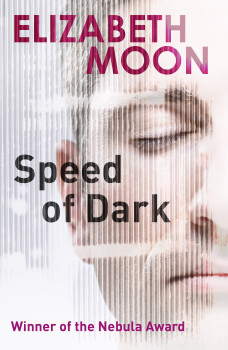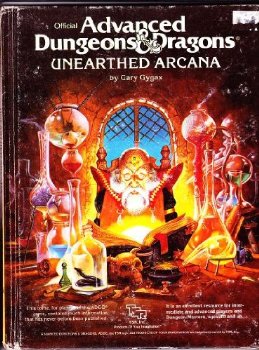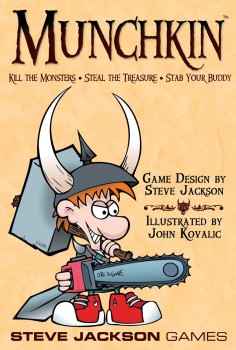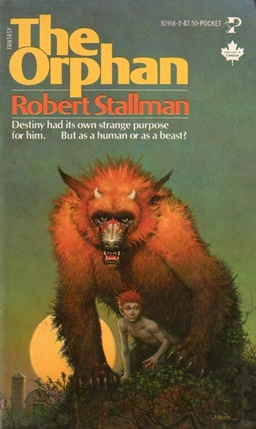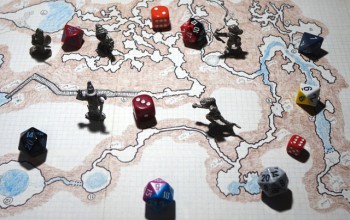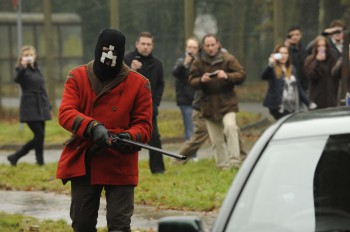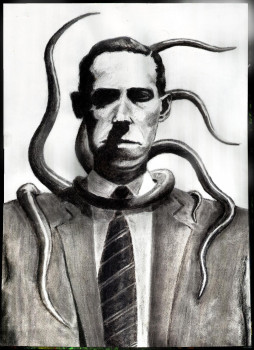Adventures In Benign Cults: Parable Of the Talents
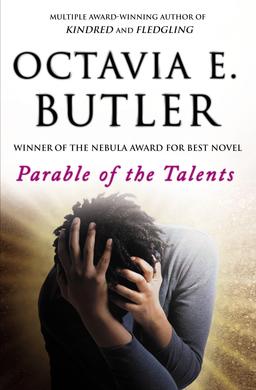 If a book vaults from mere printed text to a work of serious literature by virtue of posing a question, and then exploring it through the course of the story, then Octavia Butler’s The Parable Of the Talents fits the bill very neatly indeed.
If a book vaults from mere printed text to a work of serious literature by virtue of posing a question, and then exploring it through the course of the story, then Octavia Butler’s The Parable Of the Talents fits the bill very neatly indeed.
Its primary question seems to be discovering meaning in what is for Butler a necessarily godless world, but it takes on secondary questions galore. Among these: what is the difference, if any, between a religion and a cult? How fine is the line between healthy determination and destructive obsession? And just how often do we reject others simply on the grounds that they challenge those (shaky) convictions on which we’ve built our lives? In other words, we blame and hold accountable people who represent our own failings.
Butler has a field day with all of these and more in charting the life of Lauren Oya Olamina, founder of Earthseed, a cult that locates God in change — the concept of change — and sets its sights on the stars when life on earth (or at least in the Disunited States of the 2030s) is nothing but chaos.
Formally, Butler’s Parable Of the Talents (the sequel to Parable Of the Sower) is epistolary work. The story is related through select journal entries, mostly Olamina’s, with other voices interspersed. These include her husband, her lost daughter, and her estranged younger brother.
First published in 1998, Parable Of the Talents won the Nebula Award in 1999. Like a good many other Nebula winners (such as The Speed Of Dark, which I wrote about here recently), this is not hard science. If you’re looking for the nuts and bolts engineering or chemistry found in Kim Stanley Robinson or Andy Weir, look elsewhere. Butler’s near-future tale focuses on social disintegration, and its rebirth via the benign (?) cult of Earthseed.
